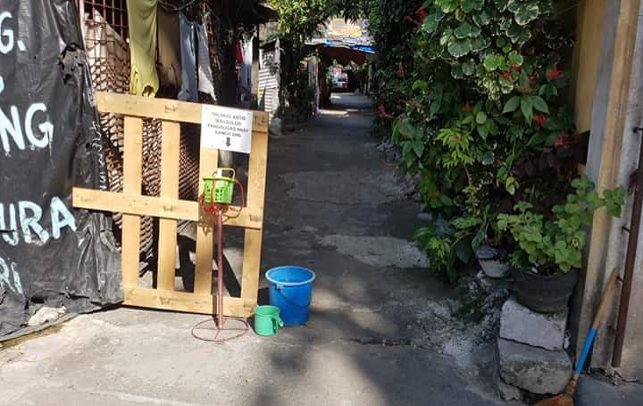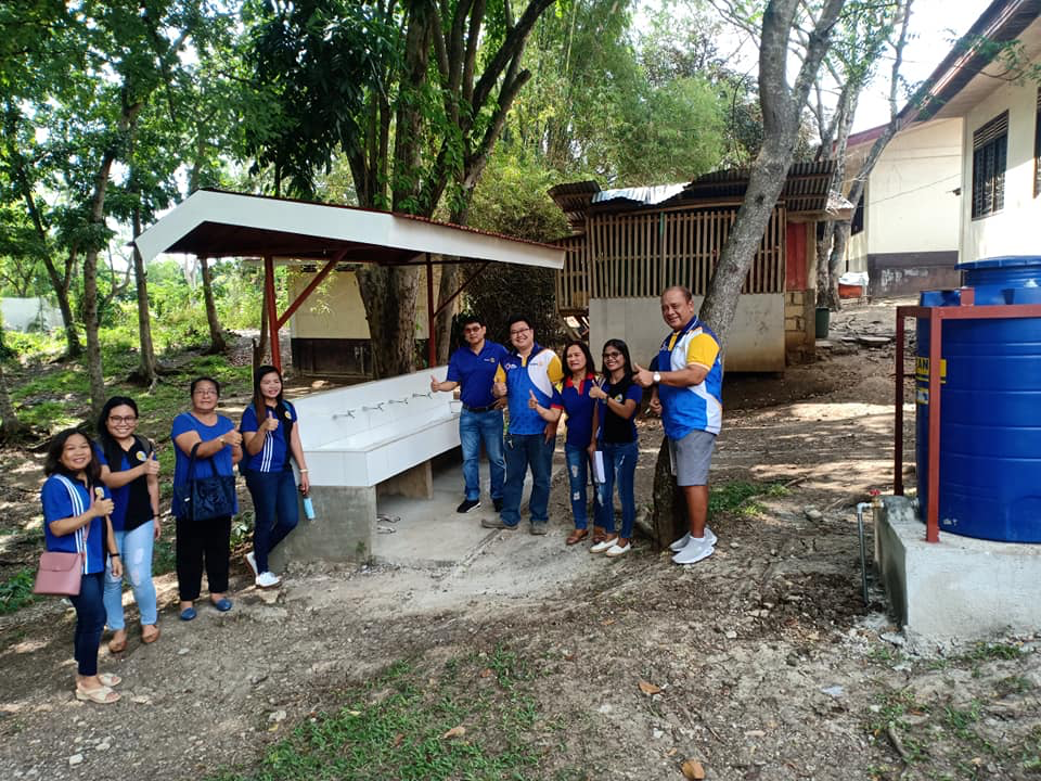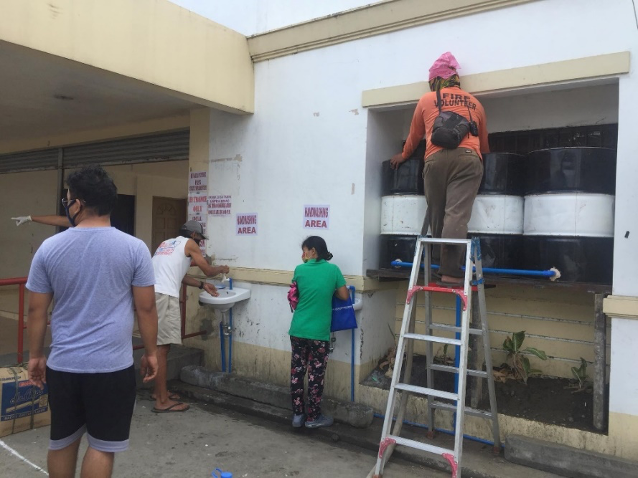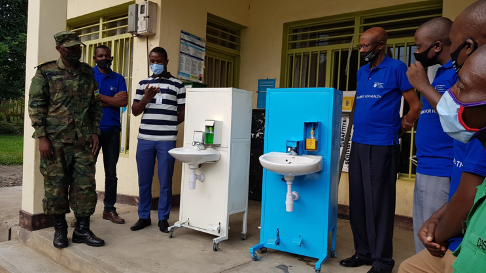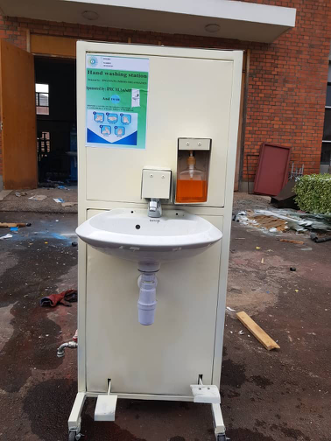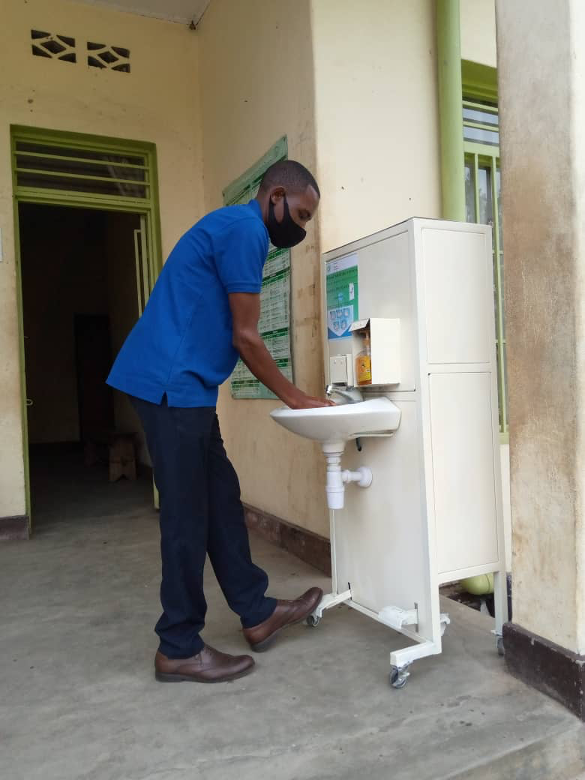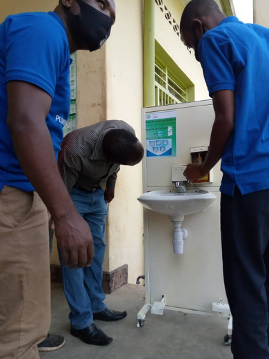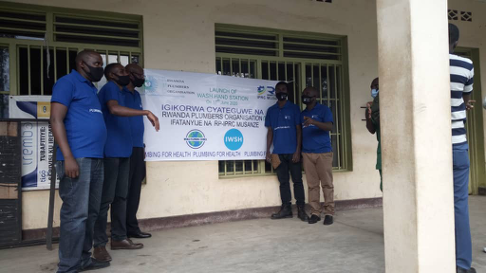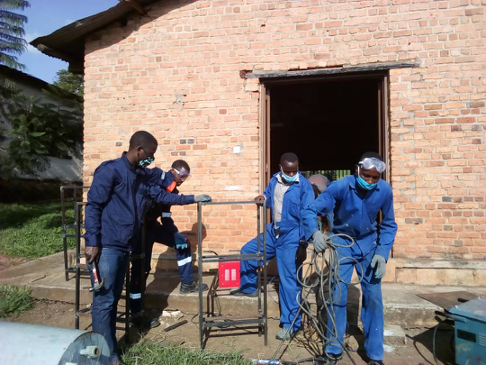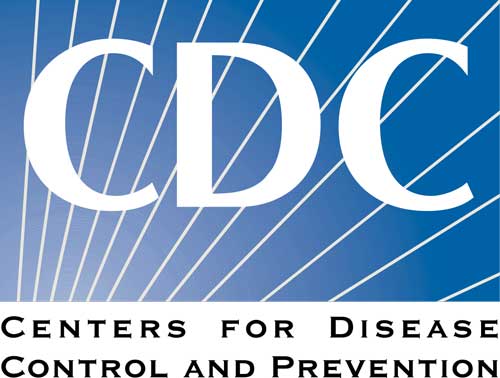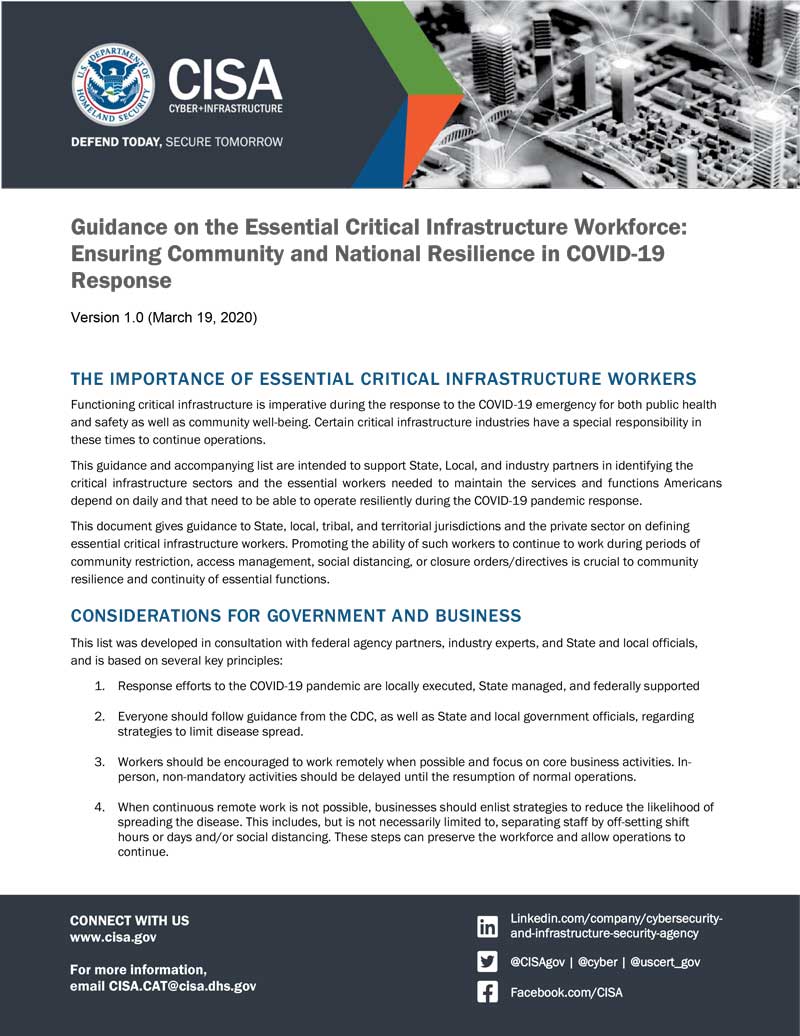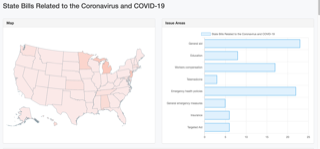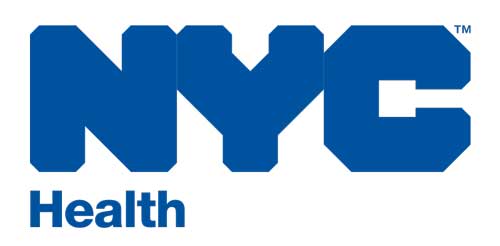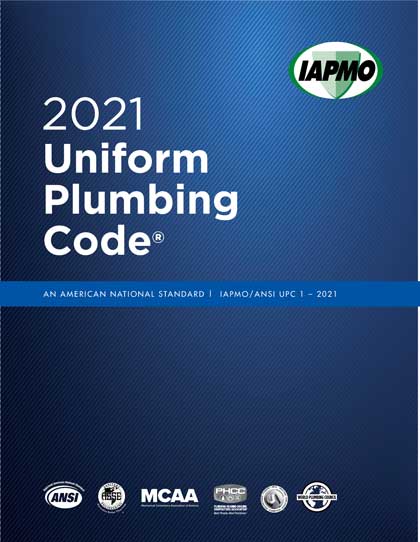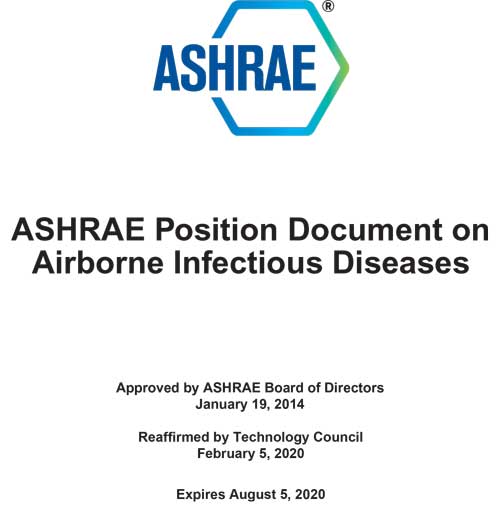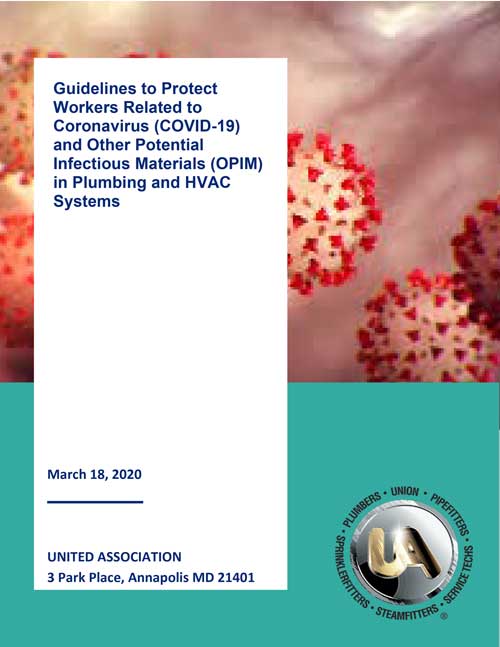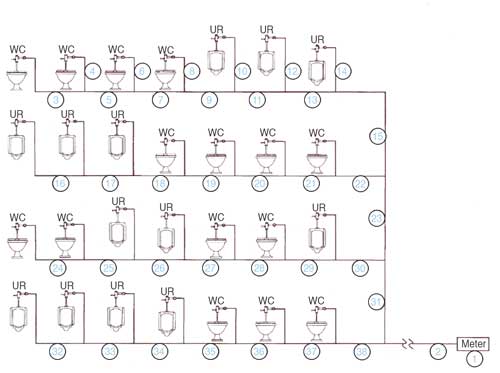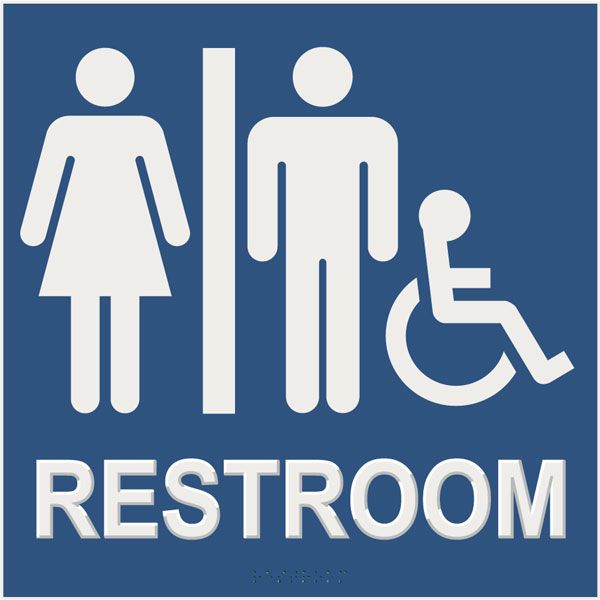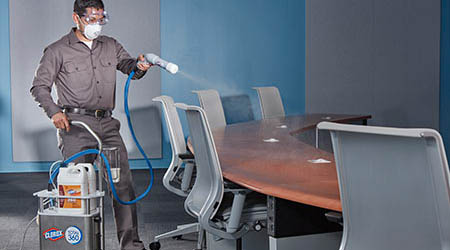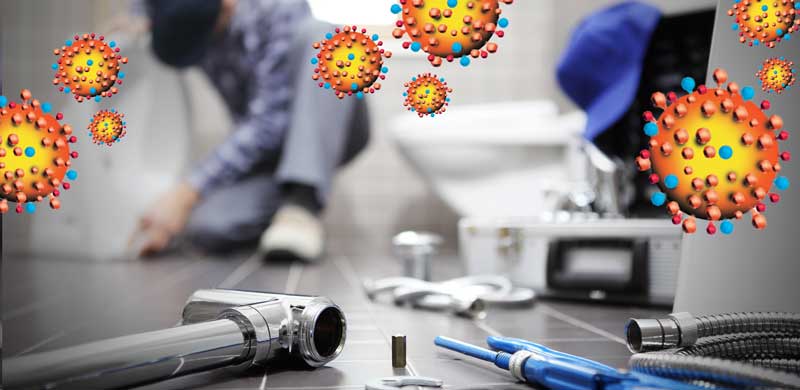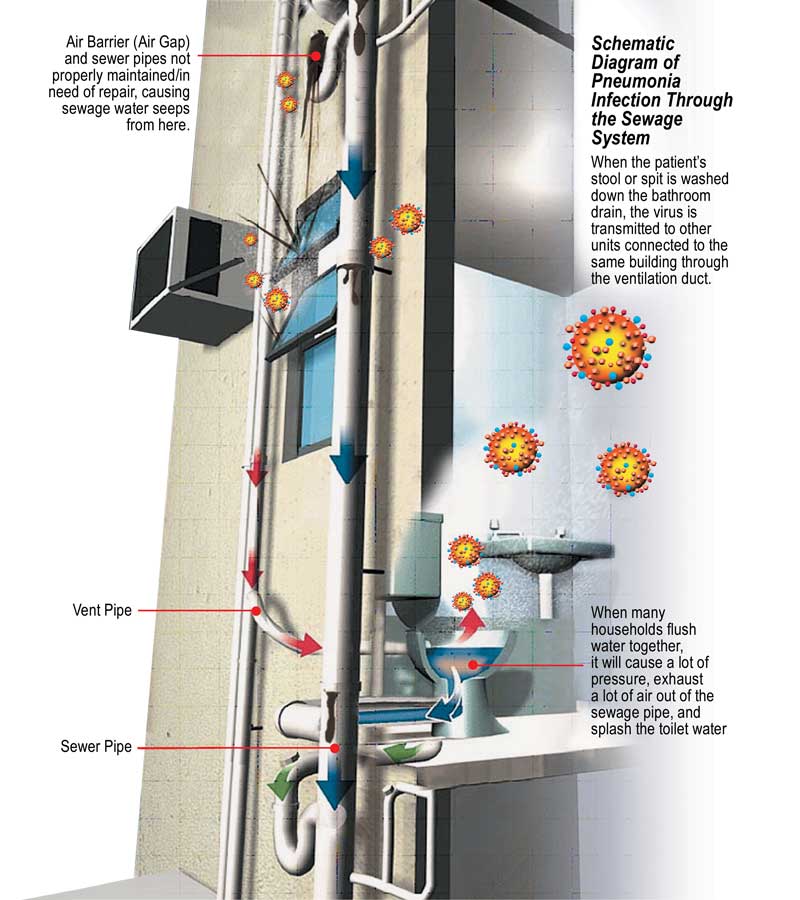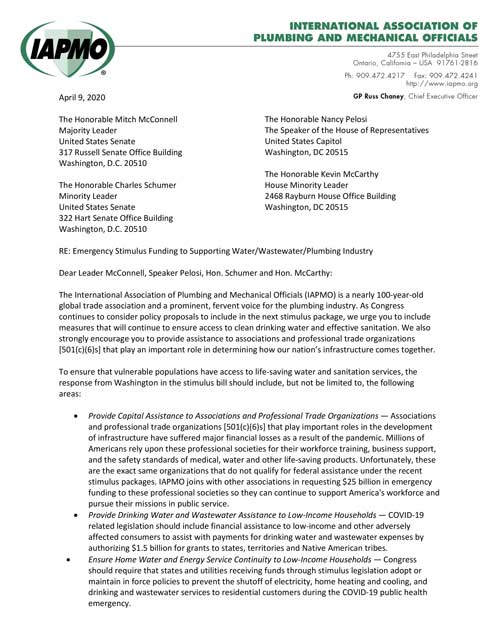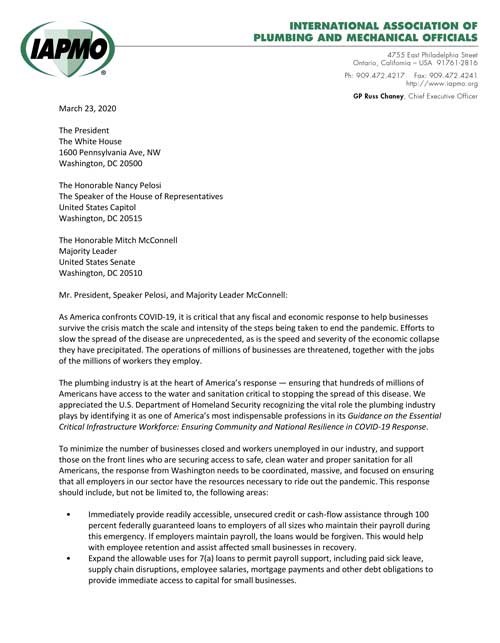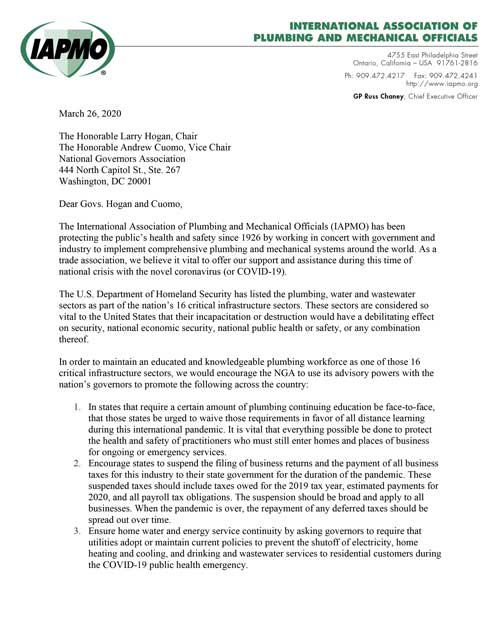Mitigating the Risk of Building Water Systems
(Information following the Covid-19 lockdown)
Submitted by Kevin Wellman, Chief Executive Officer
The Chartered Institute of Plumbing and Heating Engineering
Introduction
As businesses return to buildings following the COVID-19 lockdown, it is important to ensure the safety of building water systems before occupancy resumes.
While restaurants, gyms, leisure centres, schools and other buildings have been unoccupied during the lockdown to prevent the spread of COVID-19, water left sitting in pipes could change in quality and so it is important to assess the state of the water systems in buildings before re-opening them.
Stagnant or standing water can cause conditions that increase the risk for growth and spread of Legionella, other biofilm-associated bacteria and harmful contaminants. When water is stagnant, hot and cold water temperatures can decrease or increase respectively to the Legionella growth range (20–50 degC). Stagnant water can also lead to low or undetectable levels of disinfectant, such as chlorine. It is therefore vital to ensure that water systems are safe to use after a prolonged shutdown to minimise the risk of Legionnaires’ disease and other diseases associated with poor water quality.
For further information see HSE Guidance: https://www.hse.gov.uk/legionnaires/.
Information on site operating procedures and social distancing is available from:
https://tinyurl.com/rc3hyzg
https://www.gov.uk/guidance/social-distancing-in-the-workplace-during-coronavirus-covid-19-sector-guidance#overview
Water Stagnation
When water is not drawn through a building’s water system over an extended period, the water could become stagnant, which is normally prevented through regular water use, inducting fresh water from the public mains (typically containing disinfectant).
Indicators of stagnation include: a bad or ‘off’ taste; unpleasant odour; and/or discoloration. These factors can indicate bacteriological growth and/or pipe corrosion. Stagnation can support the accelerated growth of bio-slime, waterborne micro-organisms and pathogens, such as Legionella, as well as heavy metals which can cause harm to building occupants and users.
An empty system that has been drained results in very damp pipe work that contains oxygen. Over a period of time this will increase the corrosion risk inside the pipe work especially at compression joints. When the system is re-commissioned leaks may occur which can be difficult to trace and especially hard to repair.
It is recommended that a competent person is appointed to oversee any plumbing and heating engineering work to ensure the integrity of the plumbing being commissioned. Commissioning in line with a Water Safety (Management) Plan should be carried out including pressure testing of all systems. The Water Safety Plan and policy should follow the guidance presented in the BS 8680 Code of Practice.
For residential properties the following document applies: PD 855468:2015 – Guide to the flushing and disinfection of services supplying water for domestic use within buildings and their curtilages, published by the British Standards Institution (September 2015).
Flushing water systems
Flush your water system before your business or building reopens. Flush water through all points of use within the building before re-opening (e.g. showers, sinks, toilets).
Flushing procedures will vary depending on the building and may need to occur in sections (e.g. floors or individual rooms) due to facility size and water pressure. In some properties it is appropriate to flush plumbing systems on a weekly basis. It is important to document and keep up to date records of all such maintenance activities. The purpose of building flushing is to replace all water inside building piping with fresh water in line with the Water Safety Plan and Policy.
Note: when developing a flushing procedure, consideration should be given to any insurance policy requirements and restrictions which may be in place. Further information is available through the document entitled ‘Managing Escape of Water Risk on Construction Sites)’ published by the Construction Insurance Risk Engineers Group (CIREG).
In addition, further guidance on ‘Competent Persons’ is available from the Commissioning Specialists Association.
Example procedure for flushing/re-commissioning of a building water supply system for resumption of operation
Step One:
Remove tap aerators, point-of-use filters, shower hoses and strainer baskets where possible. Once removed disinfect as required.
Note 1: their removal will allow the water flow rate to be faster and limit the amount of sediment trapped during flushing.
Note 2: their removal will give the opportunity to clean and descale them before they are re-installed.
Step Two:
Organise flushing to maximise the flow of water; for example:
- Open all cold water outlets to flush the service line and internal pipework taking care of mitigating suction phenomenon on furthest outlets (with large buildings flush parts of the system gradually working around the building;
- Open all hot taps and follow the procedure in a) above. Make sure blending/mixing valves and taps are opened for hot and cold systems alike.
- Flush all outlets individually, starting near where the water enters the building and moving systematically through the building to the most distant outlet;
- Record and document the outlets opened and the duration they were open for.
Note: Flush all the cold water pipework first, and then the hot water. Pasteurisation should also be considered prior to occupation especially with hot water secondary returns. However, it is important to check that the system materials are suitable to accommodate these higher temperatures.
Step Three:
Run enough water through all outlets to replace all water inside building plumbing system (piping and stored water if provided) with fresh water. Note: the required duration will vary based on pipework volume and outlet velocity.
Step Four: Clean and/or replace all tap aerators, point-of-use filters, shower hoses and strainer baskets.
Additional precautions may be warranted if there is excessive disruption of limescale or if there are concerns about biofilm development. Remedial action that might be warranted would be to disinfect/flush through the plumbing system following PD 855468:2015 guidance (in respect of residential buildings). Alternative guidance, primarily aimed at buildings other than single family dwellings, is available in CIBSE TM13 and CIBSE Guide M.
Additional considerations
Water samples
Assess whether water samples should be taken prior to testing so that water wastage can be minimised.
Floor drains
If the building has floor drains, pour water into the drain to make sure that the trap water seal is fully restored in order to keep sewer gases from entering the building. Trap water seals can be lost due to evaporation within unoccupied buildings.
Note: if there is a risk that the water seal is lost when returning to the building, caution must be taken when entering wet rooms as sewer gases could escape, potentially creating a dangerous environment with the presence of toxic / explosive gases.
Building Services (HVAC/fire/electrical/gas systems etc)
Each building is different and depending on the duration that a building was shut down prior to lockdown, additional work may be necessary to ensure buildings are safely recommissioned before occupancy. If Solar Thermal systems are installed refer to the respective manufacturer’s commissioning guidance before reinstatement. It is recommended that building supervisors ensure buildings are safely recommissioned by a competent person before occupancy where necessary. Further guidance on Coronavirus and HVAC is available from CIBSE as follows: https://www.cibse.org/coronavirus-covid-19/coronavirus-covid-19-and-hvac-systems. Please check their website for latest guidance.
Hotels and Leisure complexes
When systems have been shut down or not used in total or part, full system disinfection should be implemented (usually hyperchlorination) but in such instances, a specialist should be appointed to ensure that over chlorination does not occur. Guidance is available from recognised expert groups such as the document: ‘ESGLI Legionella in buildings’ water systems during the COVID-19 pandemic’; These guidelines have been developed specifically for hotels; https://tinyurl.com/y8dez9dz. If these guidelines are not deemed practical an alternative disinfection procedure is to be carried out under the supervision of a competent Water or Building Services Engineer.
Pool hygiene and safety
Recommissioning should be undertaken in accordance with the pool manufacturer’s guidance.
When recommissioning does occur it should include the thorough cleaning of pools and filters; dosing equipment for disinfectant, pH monitoring, flocculant; ensuring the integrity and correct pressures and flows of sand or other types of filter; checking pump and circulation rates; and, where applicable, the visual inspection for water slide safety. This should follow the Code of Practice published by the Pool Water Treatment Advisory Group (PWTAG).
Chilled water and heating systems
Restart and recommissioning of closed-loop water systems providing chilled water or heating to the building, should be carefully undertaken following the recommendations of the service provider and guidance presented in BSRIA document BG 50/2013 Water Treatment for Closed Heating and Cooling Systems.
Partially completed or installed closed-loop water systems should be continuously managed, including a series of inspection and monitoring tests following the service provider recommendations and guidance presented in BSRIA’s newly updated guide BG 29/2020 Pre-Commission Cleaning of Pipework Systems 6th edition.
Further information
More information on the management of reactivating buildings is available here: www.sfg20.co.uk
Competent Persons
Information about competent persons can be obtained from:
Chartered Institute of Plumbing and Heating Engineering – www.ciphe.org.uk
Chartered Institution of Building Services Engineers – www.cibse.org
If you have any queries on the above information please contact:
Kevin Wellman
Chief Executive Officer
Email: kevinw@ciphe.org.uk
The Chartered Institute of Plumbing and Heating Engineering (CIPHE) Launch Flip ‘n’ Flush Campaign
The Chartered Institute of Plumbing and Heating Engineering (CIPHE), is advising everyone to flip down the toilet seat before they flush, in a new campaign aimed to help stop the spread of coronavirus, germs and other nasties spread by ‘toilet plume.’
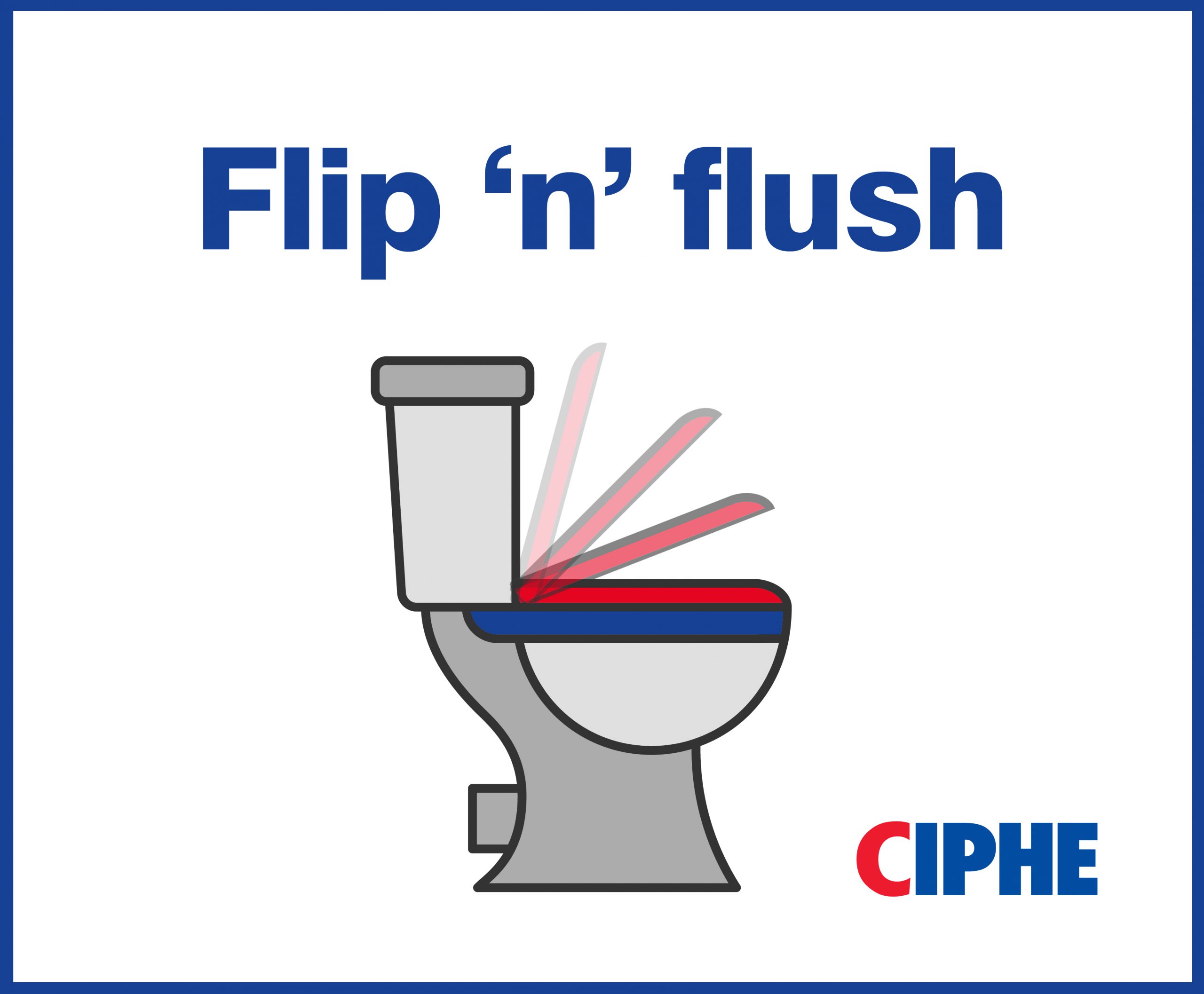 The background
The background
The term toilet plume is nothing new and has been researched numerous times over the years. When lavatories are flushed, turbulence from the toilet bowl can enable tiny droplets and aerosol particles to be released into the air.
It had been generally accepted that while there was a small risk of transmission of illnesses, for the healthy and those with good hygiene, it would pose few problems. Germs don’t tend to survive long on surfaces such as toilet seats and hand washing was normally enough to wash away any harmful bacteria or viruses. Then Coronavirus hit.
The problem
New research – Can a toilet promote virus transmission? From a fluid dynamics perspective by Yun-yun Li, Ji-Xiang Wang and Xi Chen – warns that 40-60% of toilet plume particles can reach to a height of 106.5 cm above the ground – well in excess of the height of a toilet seat – enabling the spread of particles on nearby surfaces. During computer simulations, particles could also stay suspended in the air long enough to be breathed in post-flushing.
This increases the potential spread of bacteria and viruses in the surrounding area of the toilet and makes the transmission of germs a real possibility. This has big implications both in the home, where family bathrooms are also used for activities such as teeth brushing, and public lavatories, where multiple users can come into contact with contaminated surfaces.
Can toilet plume spread coronavirus?
Scientists are learning more every day about the transmission of coronavirus. According to current evidence, coronavirus is primarily transmitted between people through respiratory droplets and contact routes. Airborne transmission is possible via aerosols.
While it’s a rather taboo subject, the truth is that many viruses can be spread via faecal–oral transmission. Though this may not be the main infection route for coronavirus, the virus has been found in urine, faeces and in sewerage systems around the world. With some patients experiencing symptoms including diarrhoea and vomiting, coronavirus has been found to survive in the digestive tract, making faecal–oral transmission possible.
The solution
With our understanding of coronavirus transmission growing, we are now being urged to flip ‘n’ flush when it comes to using the toilet. Simply closing the lid when flushing the toilet can remove the danger cause by plume.
Needless to say, this should always be backed up by vigorous hand washing routine. For those wanting to be ultra careful, cleaning the toilet seat before you use it can also reduce the risk.
CEO of the CIPHE, Kevin Wellman said, “This has long been an area of discussion and there is evidence to show that toilet plume could be a contributing factor in the spread of disease. While this latest research still needs to be proven in real life situations, we should take all the measures available to help stop the spread of coronavirus and other illnesses such as staphylococcus and E. coli.
“While closing the toilet seat is good practice in the home, with businesses now opening back up, it’s especially important to maintain good hygiene when using public toilets. The risk of contamination grows with the number of different people using facilities, so we are urging everyone to flip ‘n’ flush the toilet seat when using the lavatory.”
COVID-19 Experiences in the UK
Submitted by Kevin Wellman, Chief Executive Officer
The Chartered Institute of Plumbing and Heating Engineering
The difficulties created as a result of the coronavirus are worsening every day. It is predicted that the peak for new cases of the virus could subside in two to three weeks’ time, but to achieve this the public must adhere strictly to government guidelines on social distancing. Having introduced a lockdown across the UK there are still many people who are flouting this request and are still meeting in groups. There has been confusion within the construction industry due to mixed messages from ministers. The prime minister is constantly asking non-“key workers” to refrain from work but to stay at home. Financial support packages have been put in place for employees to cover up to 80% of their salaries, but we are awaiting an announcement (due tomorrow) about support for self-employed installers. Some 85% of those involved in the plumbing and heating industry are self-employed or running businesses of up to five employees.
One of the effects of this crisis is that many people panicked and were buying in bulk essential items, including toilet roll. The shortage led to the public to use wet wipes, newspaper and other items deemed unfit for sewers/drainage systems. Not surprisingly, this has resulted in drainage systems/sewers to become blocked creating sanitation/public health issues!
Plumbing and heating installers, despite the work they do as custodians of public health, are not recognised as key workers, and I have made numerous representations to government about this. Coordinated through the Construction Industry Council, the following list for those likely to be involved in critical work within the construction industry has been submitted to government:
- All general building control work for nationally important buildings/facilities (e.g., NHS estate, GPs, etc.)
- Unsafe buildings/dangerous structures – district surveyors need powers to instruct emergency work to be done to make them safe if any occur – and a hastily abandoned site might just lead to a dangerous structure occurring
- Structural inspections for subsidence/movement to determine risk
- Structural and roofing problems, loose tiles/chimney stacks, weathering
- Bridge inspection and maintenance
- Dam inspection and maintenance
- Maintaining key national infrastructure: power stations and grid, motorways, railways, utilities, etc.
- Drainage works/maintenance, etc. – important to avoid any increased public health problems in this respect
- Fire safety inspections
- Requirement for maintenance of fire protection systems and equipment to meet fire safety legislation – even if buildings are not occupied
- Waking Watch staff
- Ongoing need for fire risk assessments, both to meet legislation and new circumstances in buildings
- Remedial work required to remove unsafe ACM cladding, etc.
- Glazing replacement
- Locksmithing/lock replacement
- Gas safety work/suspected gas leaks
- Electrical safety work/electrical failures
- Flood remediation (especially to homes hit by recent floods)
- Plumbing and heating failures, including loss of heating/condensate problems/hot water services
- Emergency Leaking/flooding
- Health risks associated with blocked drainage/sewerage systems
- Water companies – remedial/emergency work to buildings and assets that are crucial to the supply of clean water
- New or business/safety critical maintenance work on establishments which are involved in supply chain of vital NHS equipment (e.g., where manufacturers are building units to make ventilators),
- Factories that are making anything required to combat the virus (e.g., a new hand sanitizer factory is under construction);
- Food supply chain – essential new builds or maintenance on existing buildings
- Extra warehouse space for food distribution by online platforms (to cope with massively increased demand)
- New or business/safety critical maintenance work on establishments which are involved in supply of medicines
- Essential maintenance on morgues, funeral parlors, and crematoriums
- Installation/maintenance technicians providing services to key sectors – health, power, etc.
- Emergency callouts, safety checks and essential work in care homes?
- Ongoing supervision and security measures
- Sites where anti-terrorism considerations need to take precedence over other concerns (e.g., Palace of Westminster)
- Urgent works on emergency service properties other than health (e.g., police, fire)
- Unsafe infrastructure – if a lorry strikes a bridge during the shutdown, for example, then work may be needed to make safe the affected structure.
- Major road or highway that impacts on road safety and could cause delays to crucial freight / emergency services if not carried out
- Roundabout and road upgrade schemes that are already underway and have traffic management on – these could cause significant disruption if they then have to be restarted when local businesses return to work – opportunity to get some of the work that causes congestion done now (safely)
- Highway drainage schemes – keeping roads open to hauliers and freight
- Maintenance work to the local and strategic road networks, carried out using surface treatments, should be considered critical to the upkeep of UK vital infrastructure, in order to keep supply chains moving — there is only a relatively short window (March – September) to get maintenance done or it will have a detrimental affect later in the year
- Essential road works relating to resurfacing caused by road traffic accidents and/or highway fires
- Some of the work is done by a transient workforce so accommodation (e.g., hotels) is required
- Security (for the public) of unattended sites is a concern
- Highway structure inspections as essential maintenance work picks up
- Repair and maintenance of telecommunications, energy waste and water (and maybe transport; though lockdown will see significant reduction) – these are vital to work from home
- Small, domestic extensions and refurbishments (a large quantity of construction work). Leaving them unfinished may not achieve much in terms of virus transmission, and may discourage people returning to their properties if they have vacated them
- R&D facilities, where related to vaccine development or virus treatment
- Work on factories that make materials that are vital to all elements on this list
I am very concerned that the safety, health and welfare of the public, especially the vulnerable, will be compromised if plumbing engineers are not allowed to attend to their emergencies in the coming weeks. Moreover, once the UK begins its recovery I fear that, as a consequence of many businesses closing, we will end up with a greater shortage of skilled installers and designers than we have now.
The last thing I want to do is force people into work, but at the same time if they feel fit and able to attend to the urgent needs from the public they should be allowed to do so. I also recognize that the UK government, and indeed those across the world, have an enormous global challenge to attend to.
There is no doubt that this experience will be a game changer, which could lead to more people working from home in the future with meetings, conferences and training events carried out remotely/electronically.
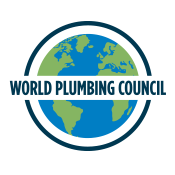
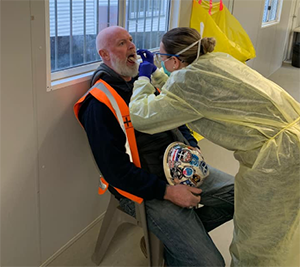
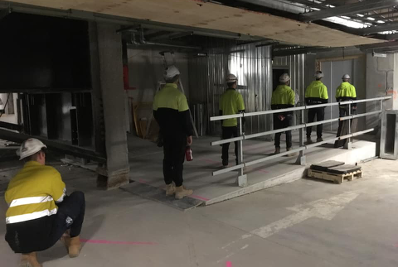
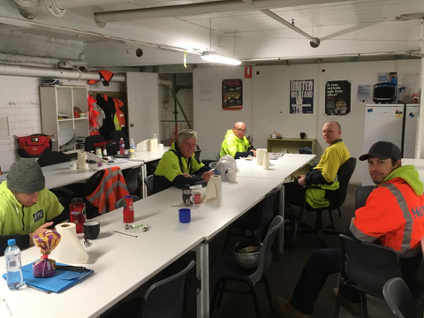
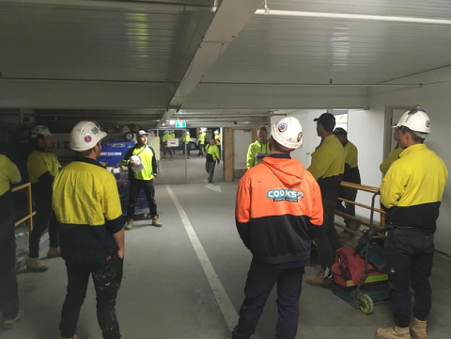
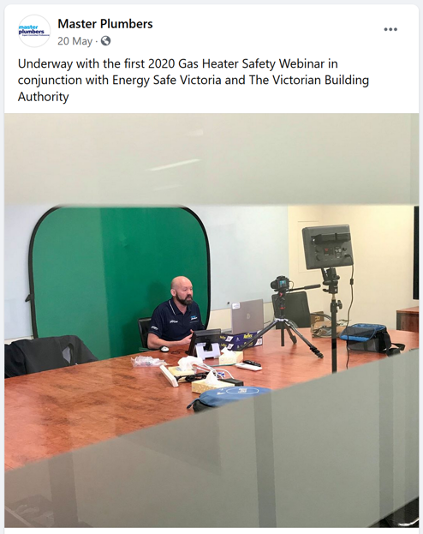
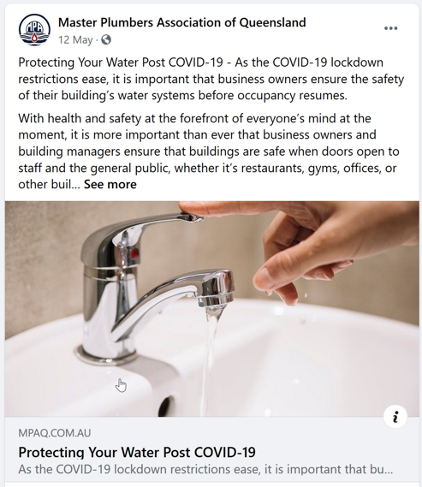
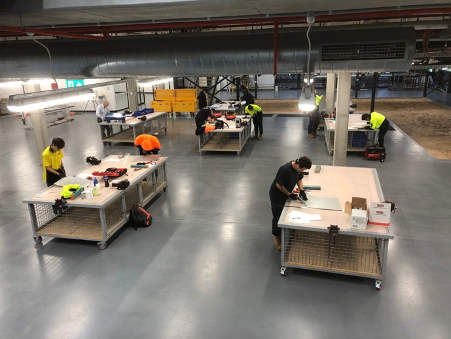
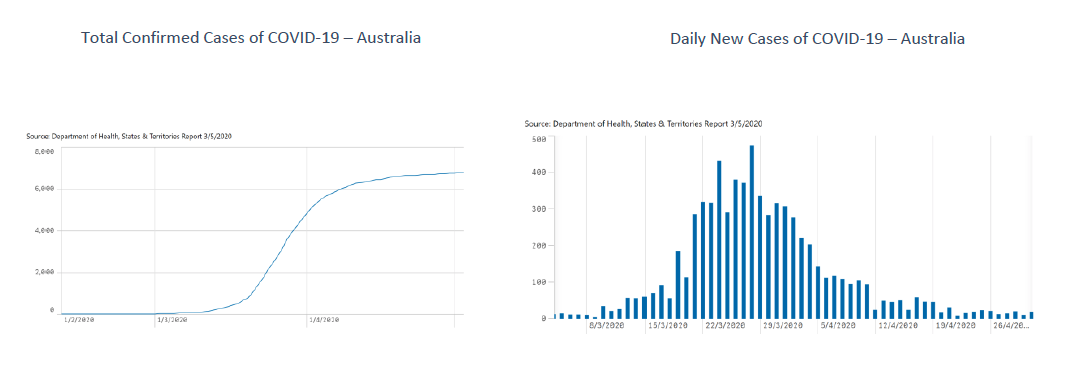
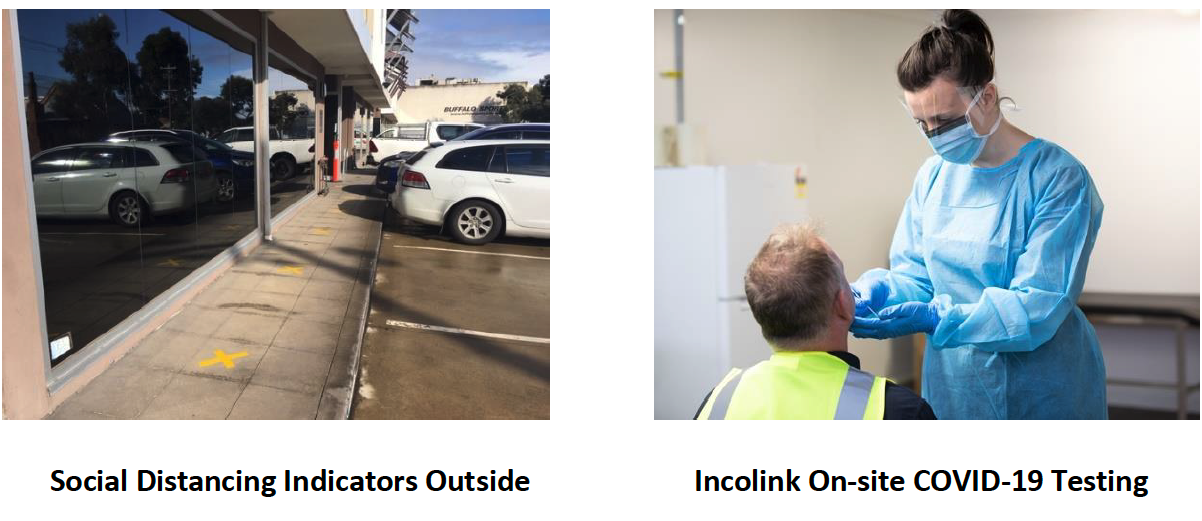
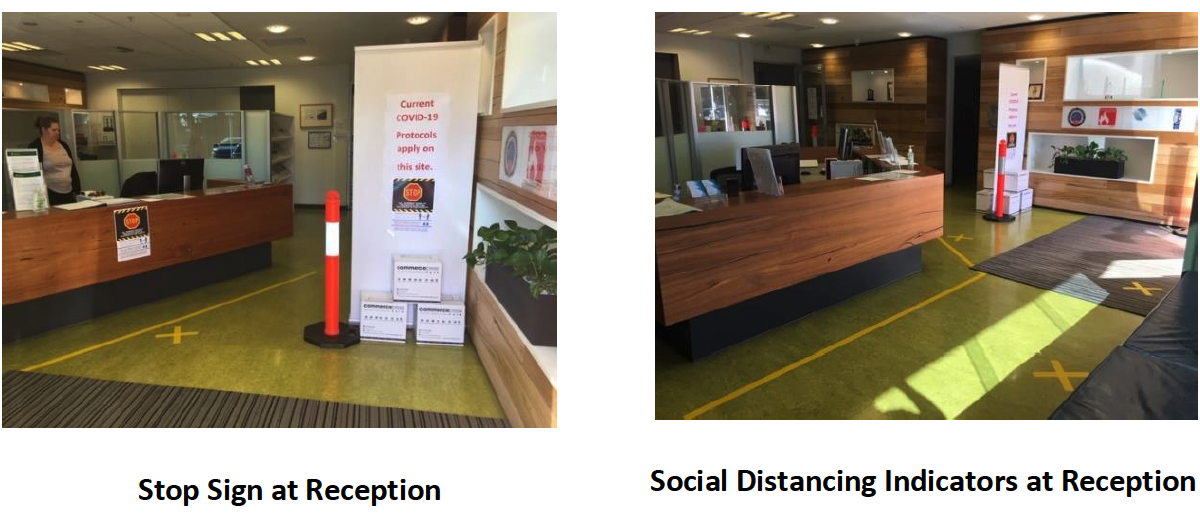
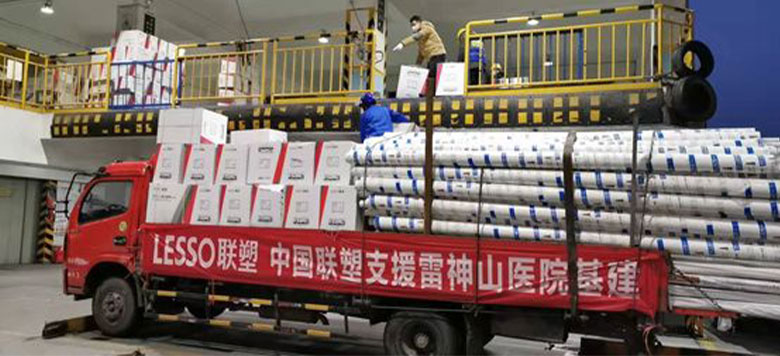
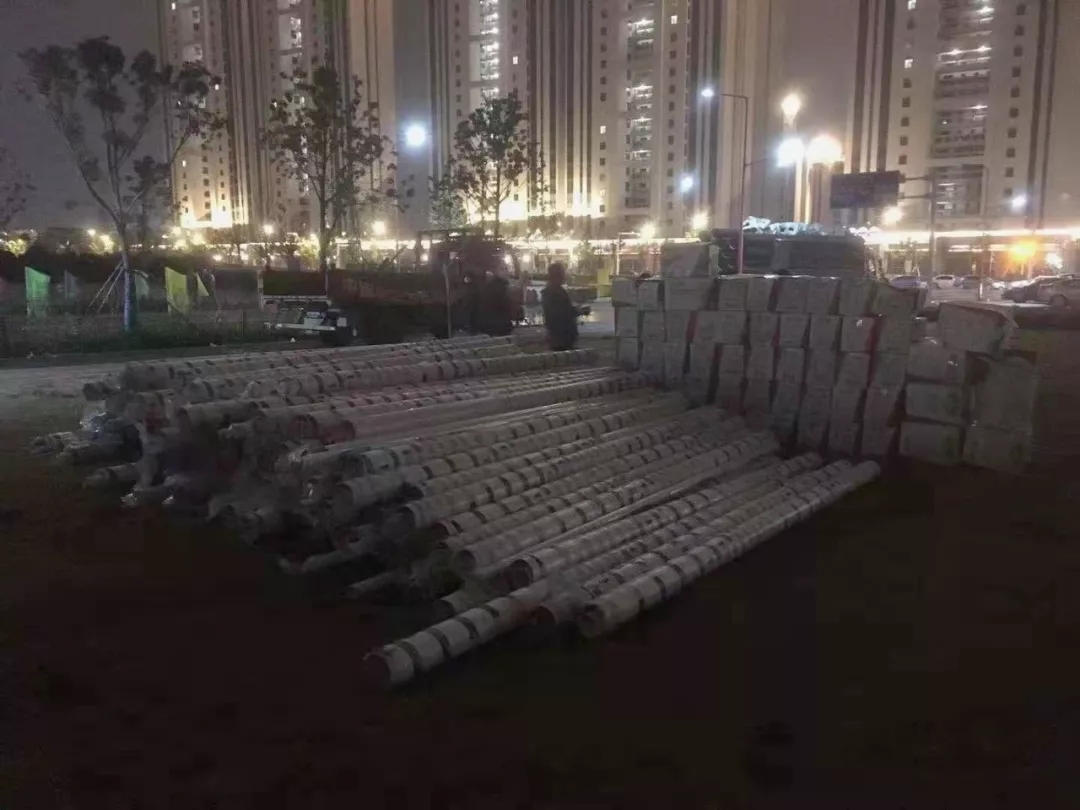
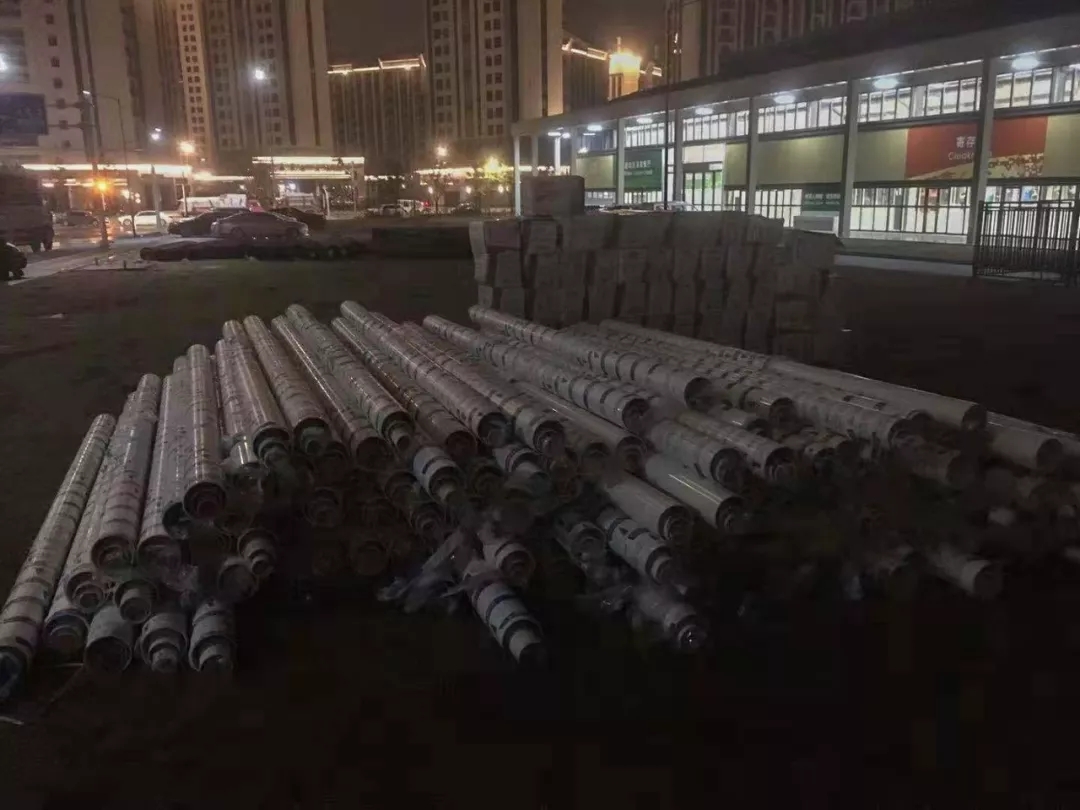
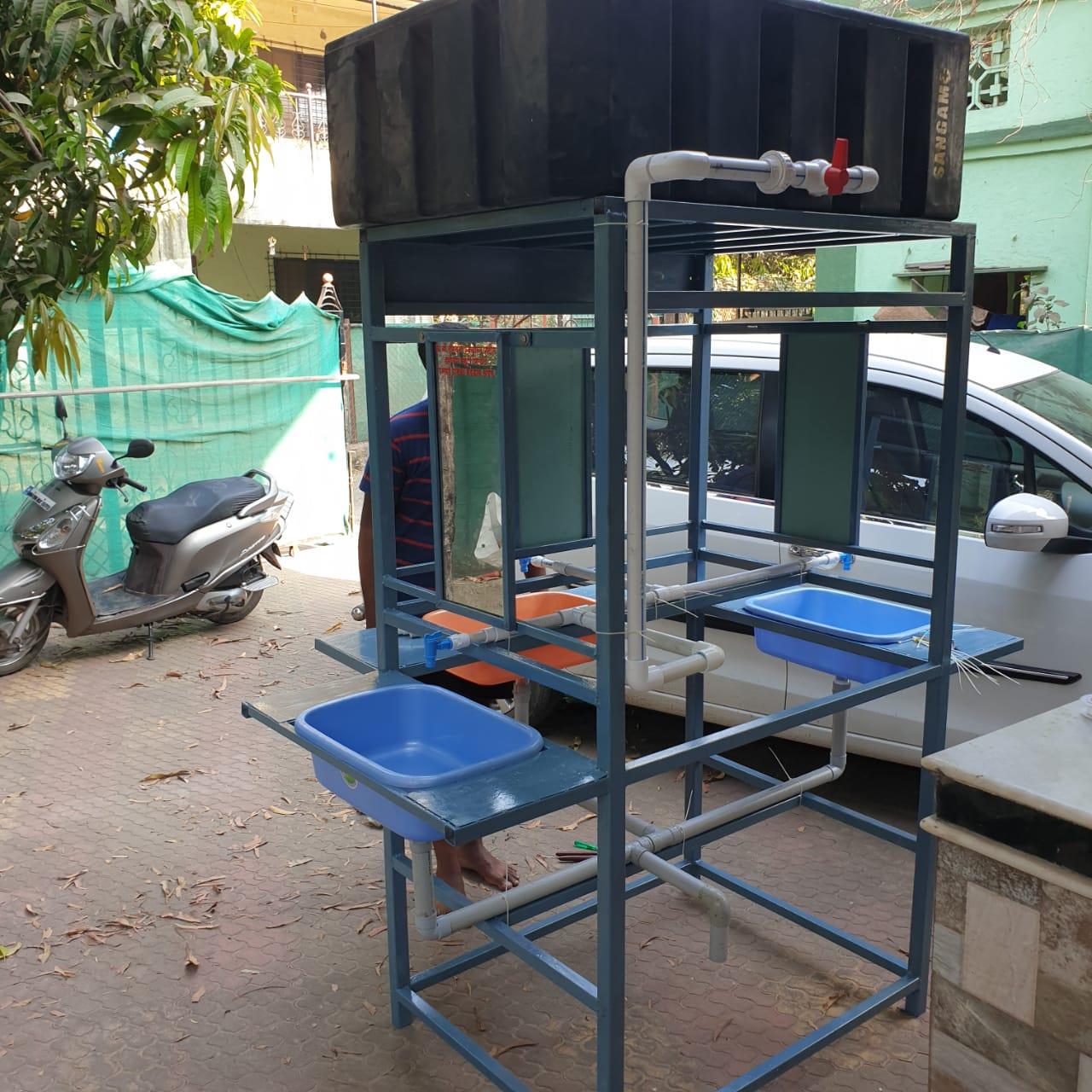
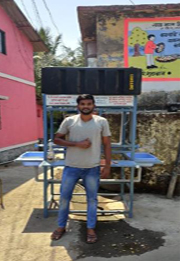 Chaitanya Patil, resident of Alibaug, Raigad, Maharashtra, has taken a step forward to support the community for the fight against COVID-19. Considering the anniversary of his beloved grandmother’s death, Patil and his family decided to build and donate a portable wash basin for the community/village. With the motivation behind this to stop the spread of the Coronavirus in their village, he thought that the preventive measure to fight against the disease is to wash hands properly. So, he and his family members took a stance to keep this portable wash basin at the main entrance of their village and asked the villagers and visitors to wash their hands properly before entering the village. He got this idea from his working location.
Chaitanya Patil, resident of Alibaug, Raigad, Maharashtra, has taken a step forward to support the community for the fight against COVID-19. Considering the anniversary of his beloved grandmother’s death, Patil and his family decided to build and donate a portable wash basin for the community/village. With the motivation behind this to stop the spread of the Coronavirus in their village, he thought that the preventive measure to fight against the disease is to wash hands properly. So, he and his family members took a stance to keep this portable wash basin at the main entrance of their village and asked the villagers and visitors to wash their hands properly before entering the village. He got this idea from his working location.